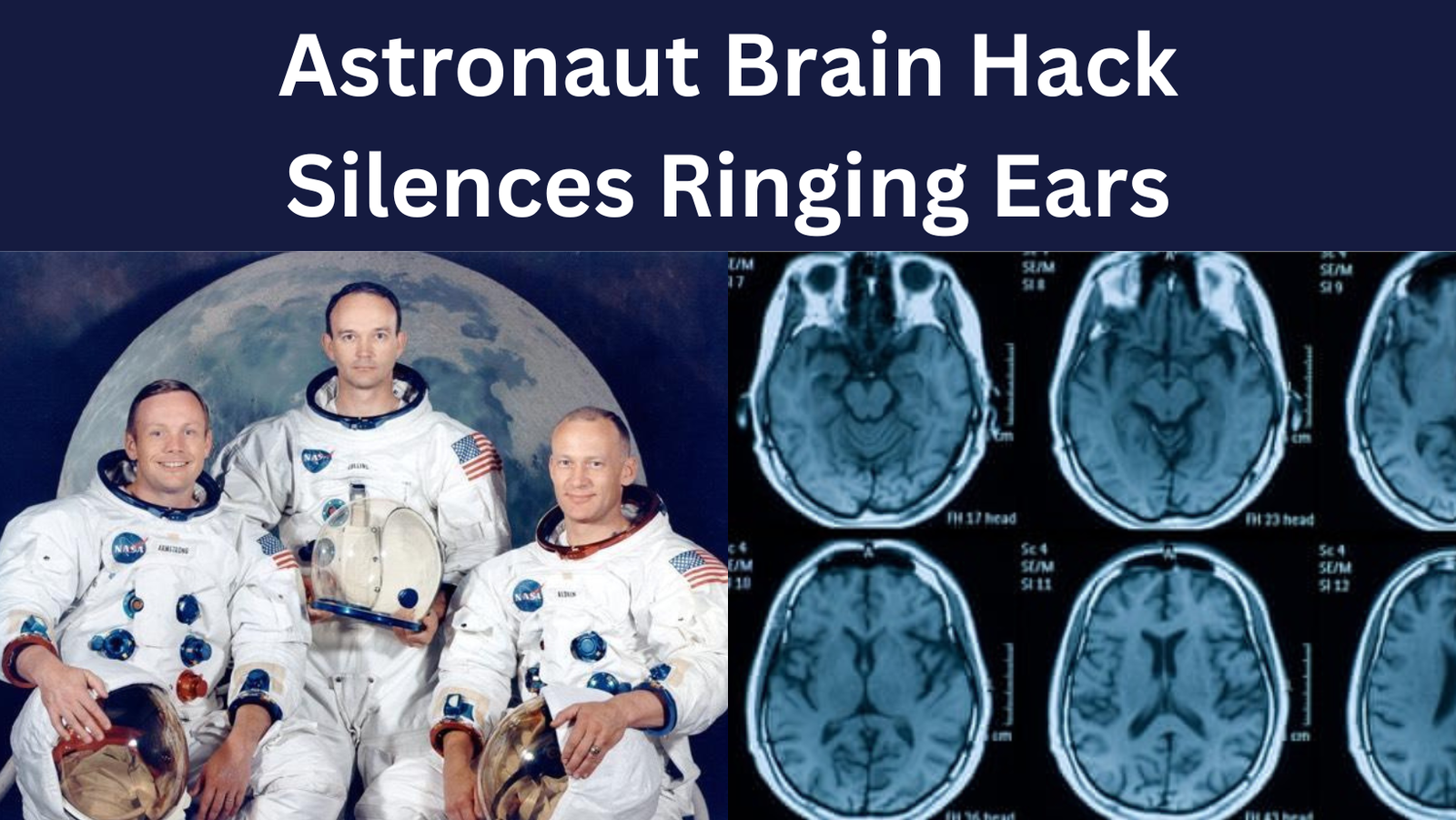Have you ever wondered what it’s like to be an astronaut? Floating in the vastness of space, surrounded by the quiet hum of machinery and the twinkling stars, it sounds like a dream come true. However, astronauts face unique challenges, one of which is the phenomenon known as the “brain hack.” Let’s delve into this fascinating topic and explore how astronauts cope with silences ringing in their ears.
visit Astronaut Brain Hack official Video Site
What is the Brain Hack?
The term “brain hack” refers to the peculiar auditory sensation experienced by astronauts during space missions. It’s akin to a persistent ringing or buzzing in the ears, often described as a consequence of prolonged exposure to the silence of space. Imagine being in a place where there’s no air, no atmosphere to carry sound waves – it’s eerily quiet, and that silence can mess with your mind.
Learn More Astronaut Brain Hack Silences Ringing Ears
Understanding the Effects
The effects of the brain hack can vary from mild annoyance to significant psychological distress. Astronauts may experience difficulty concentrating, sleeping problems, and heightened levels of anxiety. This phenomenon underscores the importance of addressing mental health concerns in space exploration missions.
Coping Strategies
To mitigate the effects of the brain hack, astronauts employ various coping strategies. These include engaging in physical exercise, practicing mindfulness, and utilizing virtual reality therapy. By staying active and mentally engaged, astronauts can maintain their well-being despite the challenges of space travel.
Importance of Mental Health
Maintaining mental health is crucial for astronauts embarking on long-duration missions. The isolation and confinement of space can take a toll on their psychological well-being, making it essential to prioritize mental health support and resources.
Physical Exercise’s Role
Physical exercise plays a vital role in combating the effects of the brain hack. Astronauts adhere to strict exercise regimens to counteract muscle atrophy and maintain cardiovascular health. Additionally, exercise releases endorphins, which can improve mood and reduce anxiety levels.
Mindfulness Practices
Practicing mindfulness techniques, such as meditation and deep breathing exercises, can help astronauts cope with the challenges of space travel. By focusing their attention on the present moment, astronauts can alleviate stress and enhance their overall well-being.
Virtual Reality Therapy
Virtual reality therapy offers astronauts a way to escape the confines of their spacecraft and immerse themselves in virtual environments. This technology provides a much-needed mental break from the monotony of space travel, helping astronauts relax and recharge.
Social Connection
Maintaining social connections with fellow crew members is vital for astronauts’ mental health. Engaging in meaningful conversations, sharing experiences, and offering support can foster a sense of camaraderie and belonging in the isolated environment of space.
Music as a Remedy
Music has been shown to have a profound impact on mood and emotional well-being. Astronauts often listen to music as a form of therapy, using it to relax, focus, or uplift their spirits during long-duration missions.
Conclusion
In conclusion, the phenomenon of the brain hack highlights the unique challenges faced by astronauts during space missions. By implementing various coping strategies, such as physical exercise, mindfulness practices, and social connection, astronauts can effectively manage the effects of prolonged exposure to the silence of space.
Click Here To Learn More Astronaut Brain Hack Silences Ringing Ears
FAQs
What causes the brain hack?
The brain hack is believed to be caused by the absence of ambient noise in the vacuum of space, leading to auditory hallucinations or sensations of ringing or buzzing in the ears.
How do astronauts cope with the brain hack?
Astronauts cope with the brain hack by engaging in physical exercise, practicing mindfulness, using virtual reality therapy, maintaining social connections, and listening to music as a form of therapy.
Is the brain hack harmful to astronauts’ health?
While the brain hack can be distressing, it is not considered harmful to astronauts’ physical health. However, it can impact their psychological well-being, highlighting the importance of mental health support in space missions.
Can the brain hack be prevented?
Currently, there is no known way to prevent the brain hack entirely. However, astronauts can mitigate its effects through various coping strategies and interventions.
Does the brain hack affect all astronauts?
The severity of the brain hack can vary among astronauts, with some experiencing it more intensely than others. Factors such as individual susceptibility and mission duration may influence its impact.
